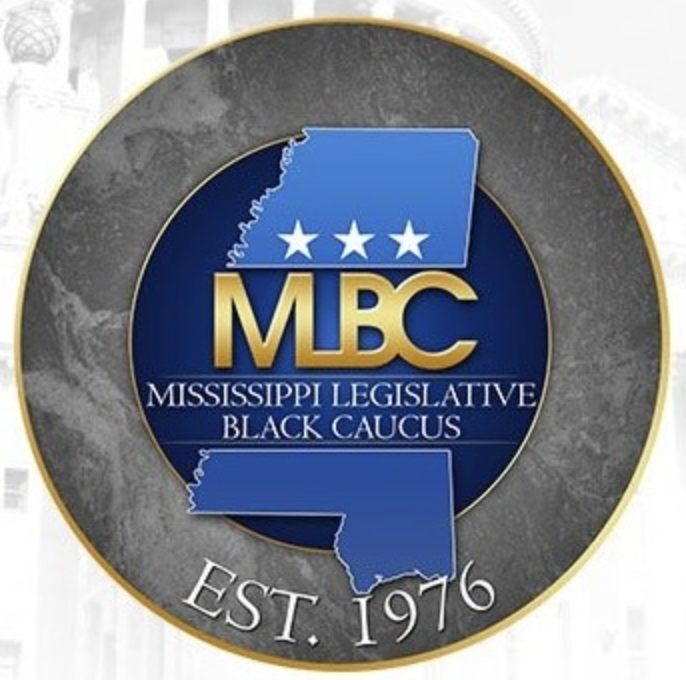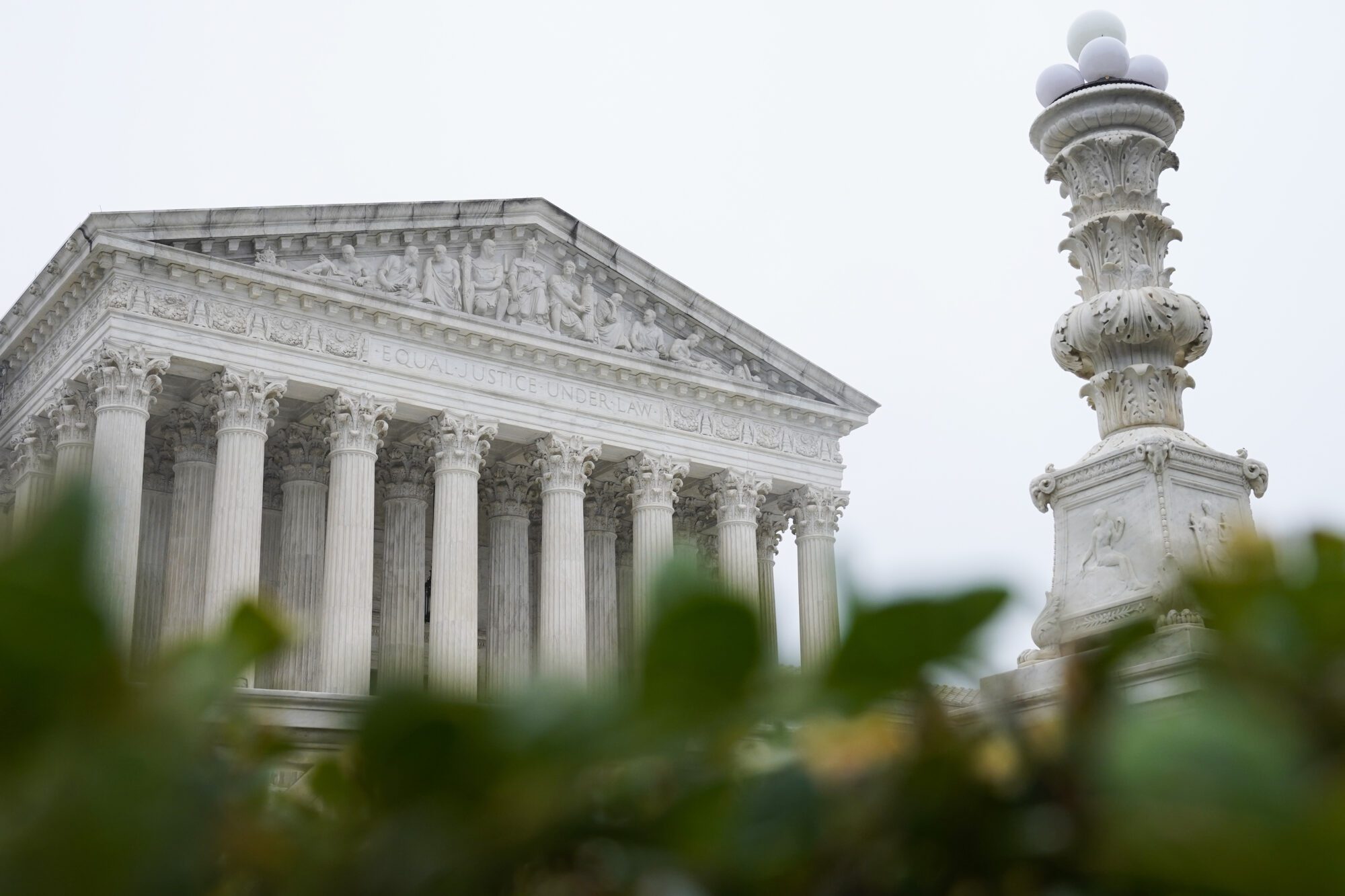
Studio portrait of Sid Salter. (photo by Beth Wynn / © Mississippi State University)
By: Sid Salter
Sources in both the Mississippi Senate and House spoke publicly in recent days to their belief that a compromise has been reached between the two chambers on a medical marijuana statute that will salvage much of what was lost when state voters overwhelmingly approved a medical marijuana voter initiative only to see it overturned by the Mississippi Supreme Court. Gov. Tate Reeves still has the final say on issuing a special session call.
This writer studied the 12-page Mississippi Medical Cannabis Act that purports to be the compromise legislation. It appears to be a reasonable, thoughtful salvage of the nullified voter initiative’s benefits without many of the negatives written into the initiative by the pro-marijuana lobby.
In other words, the proposed law takes care of suffering patients who need relief without putting retail marijuana sales in the state constitution.
But one thing appears clear – even if Reeves issues the special session call and lawmakers quickly dispatch passage of a new medical marijuana statute, the underlying issue of a broken, outdated initiative process won’t even be addressed in the special session. A fix to those issues is at the very least still over a year away.
In the 2020 election cycle, Mississippi voters overwhelmingly voted in favor of authorizing a medical marijuana initiative as outlined in Initiative 65 over the express objections of most legislative leaders. The voters gave Initiative 65 a 73.7% approval while giving the legislative alternative Initiative 65A only 26.3% of the vote.
The central objection from legislators and other levels of Mississippi government? Initiative 65 gave the new marijuana industry in Mississippi constitutional protection. But there are other concerns. Local governments didn’t want it any more than did state government. The Mississippi State Board of Health and State Department of Health were opposed. The American and Mississippi medical associations opposed the initiative, as did significant state and local political, law enforcement and religious figures.
But the voters, sympathetic to the perceived need for some type of medical marijuana program for patients who need it and tired of decades of legislative inaction on the issue, literally took matters into their own hands behind a well-organized, well-funded campaign from primarily out-of-state industry backers.
Last year, a legal challenge questioning the legality of Secretary of State Michael Watson’s certification of the initiative to be placed on the ballot based on the contention that it was done in violation of Section 273 of Article 15 of the Mississippi Constitution: “The signatures of the qualified electors from any congressional district shall not exceed one-fifth of the total number of signatures required to qualify an initiative petition for placement upon the ballot.”
The problem is that since Mississippi’s initiative process was adopted in 1992, when Mississippi had five congressional districts. Following the 2000 Census, Mississippi was one of 18 states that lost a congressional district — moving from five to the present four — but the procedures guiding the initiative process were never updated to reflect that.
Both Watson and his predecessor, now Lt. Gov. Delbert Hosemann, say they relied on opinions from the state Attorney General’s Office in following the 1992 voter initiative guidelines for certifying signatures. The Mississippi Supreme Court ruling that derailed the state’s medical marijuana initiative put the flawed initiative process on display for all to see. The state’s press has written about it for years, but it brought no official remedy forward.
Now that the high court has nullified Initiative 65, it would seem the Legislature faces changing the initiative process’ procedures that lawmakers crafted in 1992 – but that requires voter approval of any changes offered in the 2022 regular legislative session next November.
In the alternative, lawmakers face explaining why they failed to fix the process that gave voters the power they believed they had before the high court ruled on Initiative 65. To be sure, the modern initiative process in Mississippi is one that the Mississippi Legislature designed to be difficult for those citizens who wish to circumvent lawmakers and get into the business of directly writing or changing laws for themselves.
That process will likely become even more difficult moving forward.









